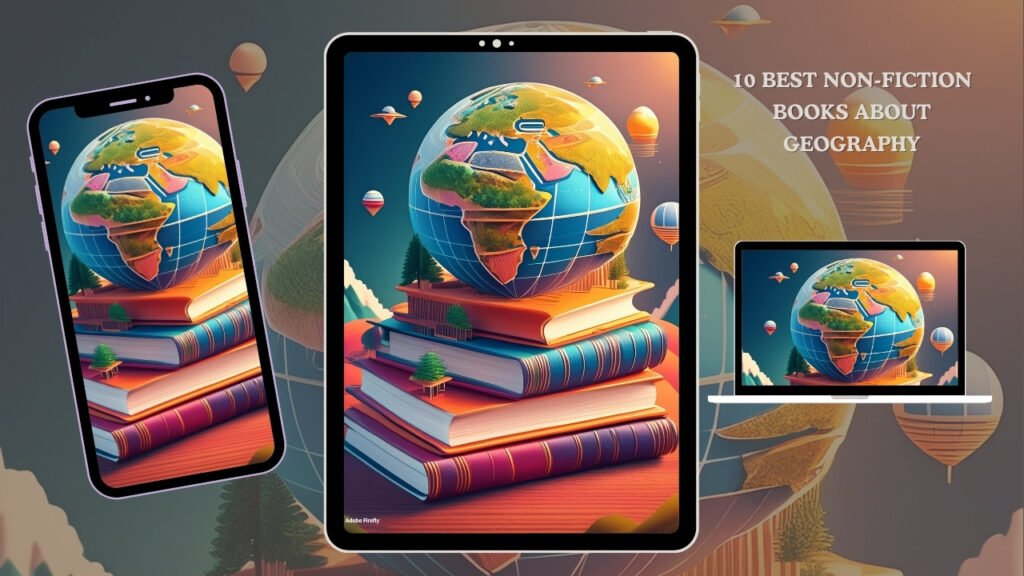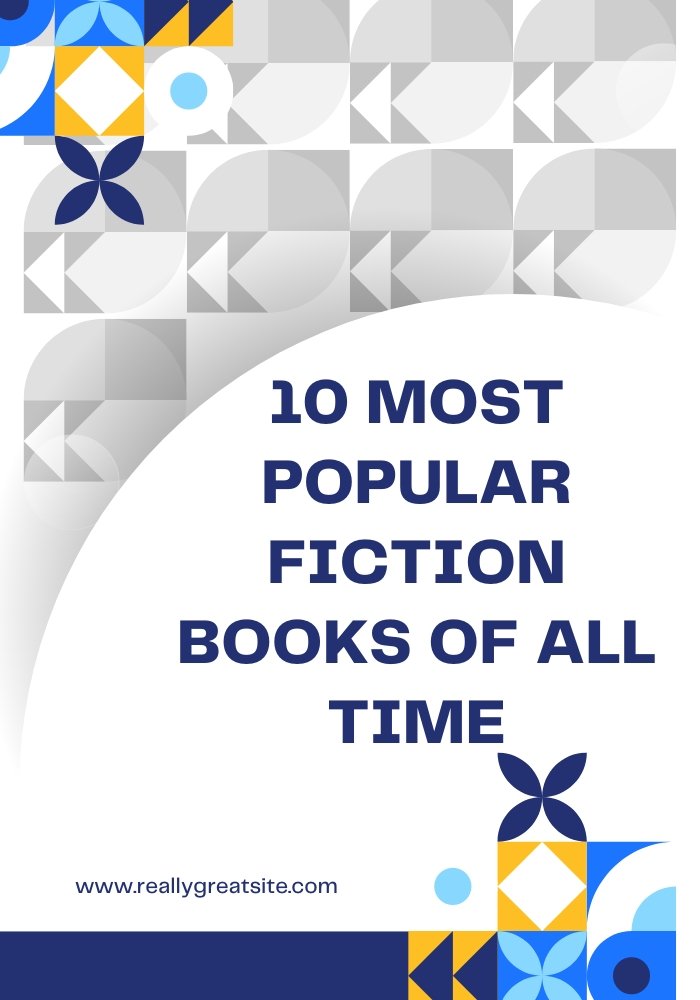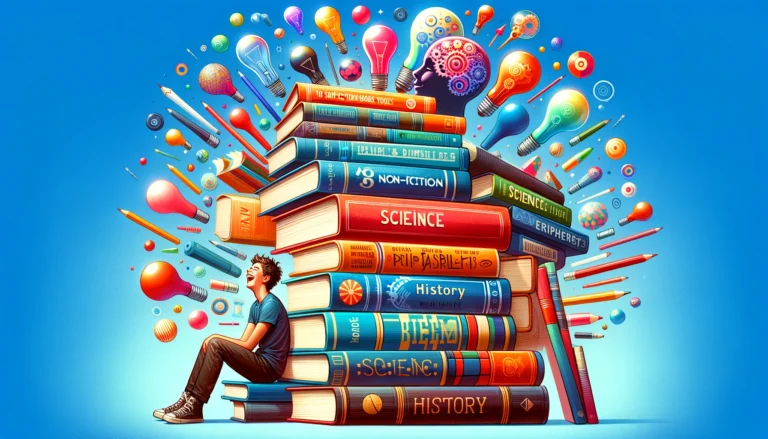Introduction
In today’s complex geopolitical climate, understanding the forces shaping our world is crucial. We’ve selected ten essential books that illuminate how physical and ideological landscapes influence global events. Each book opens doors to mastering the dynamics of power, conflict, and cooperation that have defined human history. Whether you’re a seasoned scholar or new to international relations, these works provide vital insights. Join us to deepen your grasp of global politics, transforming your perspective and understanding.
1. “The Clash of Civilizations and the Remaking of World Order” by Samuel P. Huntington

Diving into Huntington’s work challenges us to reconsider the foundations of societal divides in the post-Cold War era. He contends that future conflicts will not stem from economic or ideological disagreements, but from cultural and religious differences. Viewing the world as a complex matrix of civilizations, each uniquely influencing global dynamics, Huntington compels us to question our assumptions about global conflicts and reassess our roles within these broader contexts. His blend of deep analysis and engaging narrative not only makes the geopolitics of cultural identities accessible but also intriguing, encouraging us to delve deeper into how these identities shape global peace and conflict.
2. “The End of History and the Last Man” by Francis Fukuyama

Fukuyama’s provocative thesis, that liberal democracy may signify the endpoint of humanity’s sociocultural evolution, is a feast for the intellect. His bold declaration of “the end of history” serves as a canvas for our imagination, painting a future where ideological battles are relics of the past. This work stimulates our intellectual curiosity, challenging us to consider the possibility of a global consensus on governance and human rights. Fukuyama masterfully cultivates a sense of anticipation, leading us through historical tumults to a contemporary era that teeters on the brink of universal liberal democracy. His analysis, steeped in philosophical and political theory, encourages a deep reflective thinking about our beliefs and the societal structures that uphold them. Through “The End of History and the Last Man,” we engage with a vision of the future that is as controversial as it is captivating, urging us to ponder our role in shaping the next chapter of human history.
3. “Diplomacy” by Henry Kissinger

Fukuyama’s provocative thesis suggests that liberal democracy represents the pinnacle of humanity’s sociocultural evolution, heralding ‘the end of history.’ This bold claim paints a future where ideological conflicts are historical relics. His work stimulates intellectual curiosity, challenging us to envision a global consensus on governance and human rights. Leading us through pivotal historical transitions, Fukuyama offers a contemporary perspective poised on the brink of universal liberal democracy. His analysis, rich in philosophical and political insights, prompts deep reflection on our beliefs and societal structures. ‘The End of History and the Last Man’ presents a controversial yet captivating vision, urging us to consider our role in the unfolding narrative of human history.
4. “The Tragedy of Great Power Politics” by John Mearsheimer

In “The Tragedy of Great Power Politics,” John Mearsheimer presents a stark realist view, arguing that the relentless quest for power underpins major states’ actions in an anarchic international system. This perspective compels us to scrutinize ongoing power struggles and their implications for world order, challenging conventional moral views on realpolitik and questioning the feasibility of cooperative security in a competitive environment. His clear and authoritative analysis not only demystifies realist theory but also connects it to pressing geopolitical challenges, demonstrating its relevance in understanding the dynamics of modern conflicts and potential future crises. Mearsheimer’s arguments, grounded in historical examples, offer insights into how and why states act in a world where power is the ultimate currency. This approach not only asserts the fundamental tenets of realism but also highlights its enduring relevance in current geopolitical issues.
5. “The Prince” by Niccolò Machiavelli

“Niccolò Machiavelli’s ‘The Prince’ delivers a piercing look into the mechanics of power—how it’s seized, maintained, and often lost. Crafted during the Renaissance, this seminal work exposes the raw dynamics of leadership, exemplified by Machiavelli’s analysis of Cesare Borgia’s ruthless actions. It slices through romantic idealism, showcasing the pragmatic and sometimes brutal tactics necessary for ruling. Machiavelli’s counsel, advocating strategies like favoring fear over love and the tactical breaking of promises, remains relevant yet demands nuanced interpretation to align with today’s democratic and ethical standards. ‘The Prince’ is more than historical literature; it is a profound guide contrasting sharply with idealistic political theories from its era. It unpacks the strategic and psychological tactics behind political decisions, resonating in contemporary practices. The application of Machiavellian strategies by modern political figures, though adapted to fit current values and systems, underscores the enduring relevance of his insights into the mechanics of power, highlighting Machiavelli’s impact on modern governance.”
6. “On Liberty” by John Stuart Mill

John Stuart Mill’s “On Liberty” meticulously dissects the necessity of freedom of thought and expression as a fundamental pillar for personal and societal advancement. Mill’s argument is not merely enthusiastic but profoundly analytical, positioning individual liberty as crucial for human growth and the health of society. In this seminal work, Mill crafts his arguments with a precise, almost clinical rigor, examining the delicate equilibrium between personal freedom and societal stability. He employs historical examples and logical deductions to demonstrate the vital role of free expression in fostering tolerance and warding off societal stagnation. This text is not only foundational due to its historical significance but also because it directly engages with contemporary debates such as internet censorship, freedom of speech, and even pandemic-related restrictions. By drawing on Mill’s insights, we gain a deeper understanding of these issues, making “On Liberty” a crucial read for navigating the challenges of our interconnected world.
7. “The Origins of Political Order” by Francis Fukuyama

Francis Fukuyama’s “The Origins of Political Order” presents a detailed analysis of political systems from the earliest human societies to the French Revolution. In this book, Fukuyama explores how states and legal frameworks have evolved, offering specific historical examples and introducing innovative concepts. For instance, he delves into how the intricate relationship between state institutions and legal systems has influenced political stability. His work is particularly notable for integrating a broad sweep of history with a sharp analytical perspective, making it valuable for understanding the mechanisms of political development. This book will appeal to anyone interested in the evolution of governance and the factors contributing to political order.
8. “Political Order and Political Decay” by Francis Fukuyama

In his incisive work, “Political Order and Political Decay,” Francis Fukuyama plunges into the depths of political development, charting the progression from structured governance to systemic disintegration. This volume exposes how corruption, entrenched interests, and the gradual weakening of democratic principles contribute to the decay of political institutions. Through a detailed examination of countries like the USA, India, and Nigeria, Fukuyama illustrates the distinct challenges and decay patterns each faces, providing readers with a vivid tableau of global political fragility. This narrative not only analyzes these phenomena but also serves as a clarion call, urging readers to confront the pressing issues undermining political systems worldwide. Fukuyama’s discourse is not just informative but a crucial lens through which to view the volatile nature of political institutions today, making it an essential read for those looking to grasp the nuances of political stability and decline.
9. “The Righteous Mind: Why Good People Are Divided by Politics and Religion” by Jonathan Haidt

Jonathan Haidt’s “The Righteous Mind” ventures into the psychological underpinnings of political and religious divisions, illuminating why seemingly rational individuals can hold vastly different beliefs. Haidt employs moral psychology to dissect the intuitive foundations of morality and how they shape our stances on politics and religion. The book is a fascinating journey into the human mind, offering insights into the nature of belief and the roots of discord. It encourages readers to step beyond their ideological comfort zones, promoting understanding and empathy across divisive lines. This book is a beacon for anyone seeking to navigate the turbulent waters of contemporary social debates with grace and insight.
10. “The World Is Flat: A Brief History of the Twenty-first Century” by Thomas L. Friedman

Thomas L. Friedman’s “The World Is Flat” offers a groundbreaking analysis of globalization and its profound effects on world politics, economies, and cultures. Friedman articulates how technological advances have leveled the playing field, creating new opportunities and challenges in the global arena. The book is an invitation to grasp the interconnectedness of the world, urging readers to think critically about the implications of a flat world for international relations and political power dynamics.
Conclusion
In the intricate realm of global politics, the ten books we’ve discussed act as enlightening guides. Each offers unique insights into the political landscape, tackling everything from the strategies of major powers to the principles behind liberty and governance. By cutting through the surface news, these texts help us understand the deeper forces at play—historical, philosophical, and psychological.
Highlights include “The Clash of Civilizations and the Remaking of World Order” and “The End of History and the Last Man,” which ponder cultural conflicts and the evolution towards liberal democracies. “Diplomacy” and “The Tragedy of Great Power Politics” explore the tactics of nations, while “The Prince” and “On Liberty” address fundamental issues of power and individual rights. “The Origins of Political Order” and “Political Order and Political Decay” examine societal structuring and governance challenges, “The Righteous Mind” investigates the moral bases of our political ideologies, and “The World Is Flat” discusses globalization’s effects on our world.
These books are more than just informative; they encourage profound contemplation and a sophisticated grasp of global politics. They provide the tools needed to decipher complex political dynamics, fostering a deeper, more thoughtful engagement with the challenges and changes shaping our global landscape. For those keen on understanding the nuances of global politics, this selection is indispensable, offering clarity and inspiration to navigate these complex issues with informed insight.






